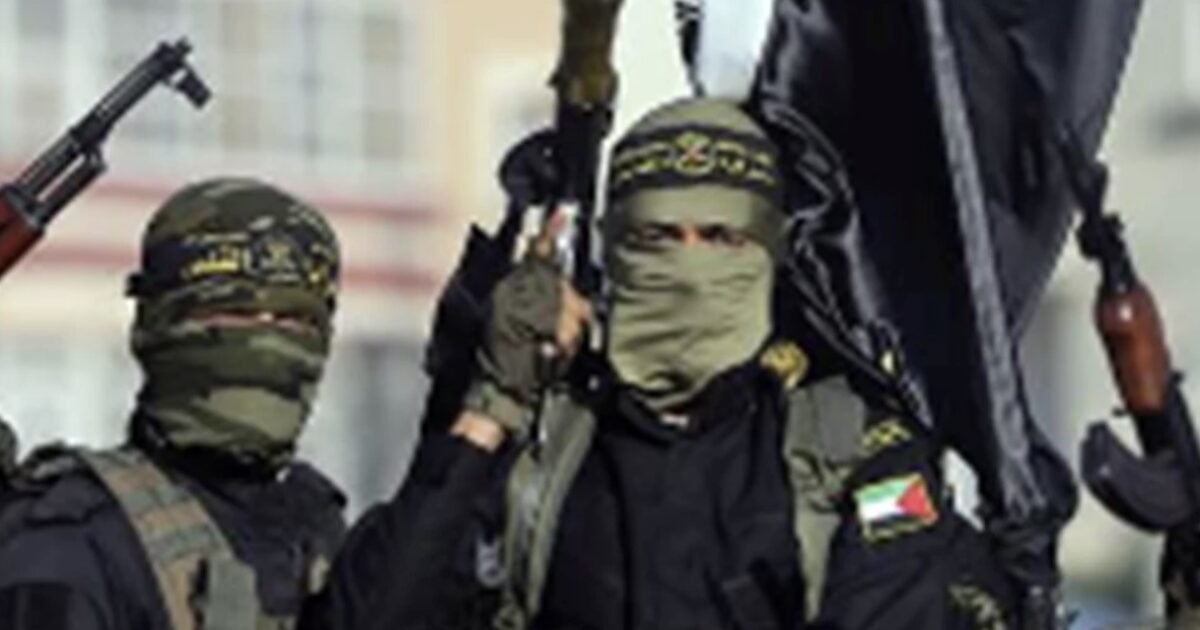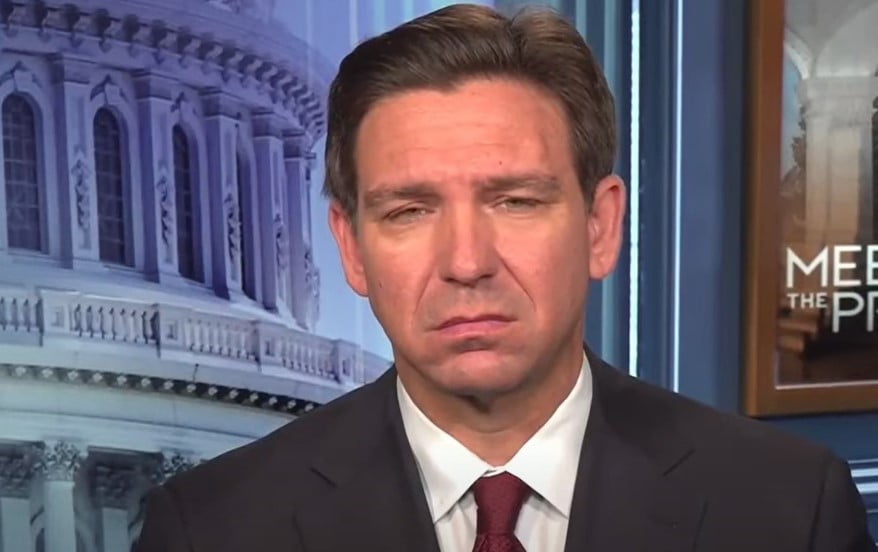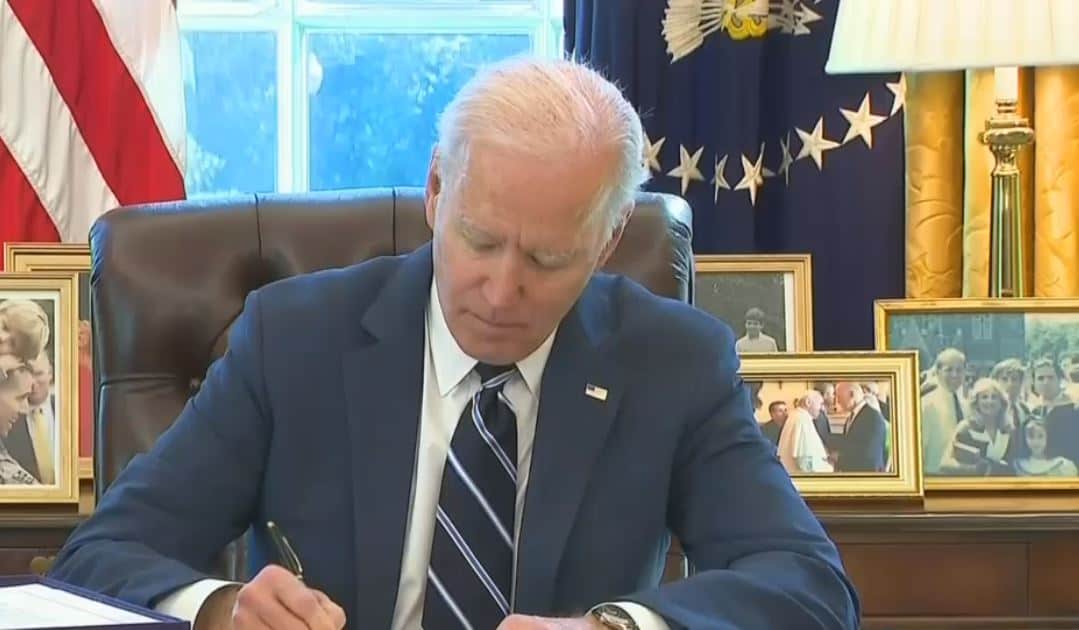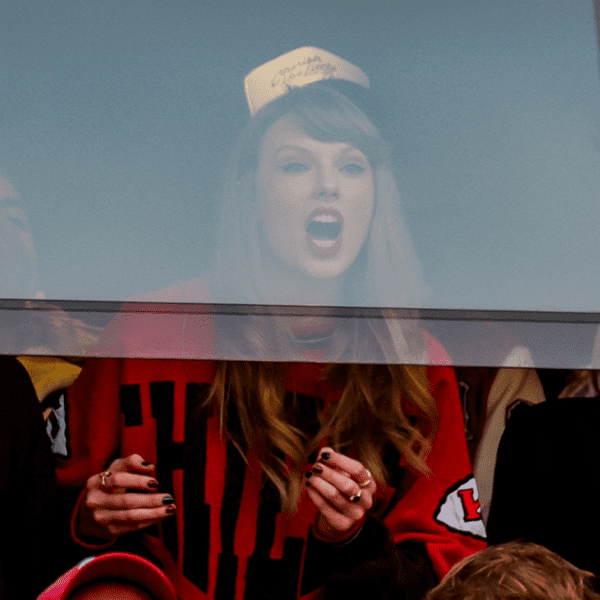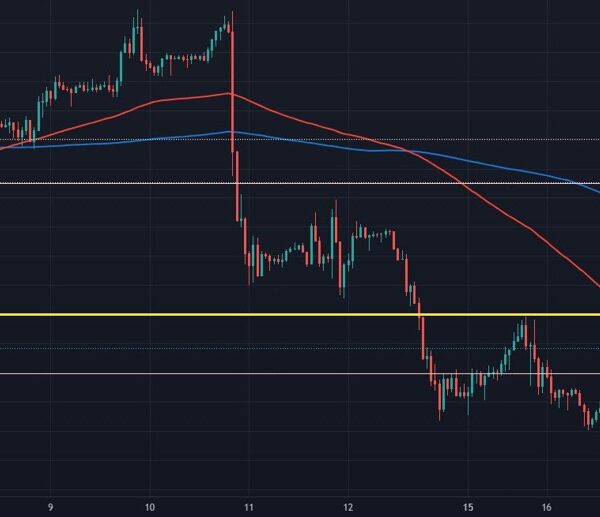
Since October 7th, Israel has understandably tightened its grip on the West Bank, stepping up security measures. There are checkpoints, facial recognition systems, and requirements to show ID to move in and out of different zones.
Palestinians in the West Bank say they are being threatened by Israeli soldiers and settlers, highlighting the inconvenience caused by the murder of innocent civilians in Israel.
People are complaining about IDF raids on markets and other locations, but the Israelis insist the raids are necessary to combat terrorism. Proof of the threat posed by West Bank extremists is that IDF raids have repeatedly uncovered caches of explosives and other weapons, as they have several times this year.
As a result of increased tensions and rising animosity on both sides, the West Bank has become a powder keg of hate and resentment among Palestinians. Experts believe this could turn into an intifada, potentially expanding the conflict to include the West Bank and possibly drawing in Hezbollah. “Intifada” is an Arabic word meaning “uprising” or “shaking off,” and it refers to two major Palestinian uprisings against Israeli rule in the occupied territories.
The First Intifada (1987-1993) was a grassroots uprising that began in December 1987, sparked by a traffic accident involving an Israeli vehicle and a Palestinian pedestrian in Gaza.
This uprising involved widespread demonstrations, strikes, and boycotts, along with violent confrontations between Palestinians and Israeli forces. It led to significant international attention and eventually to the Oslo Accords in 1993, which aimed to establish a framework for peace and Palestinian self-governance.
The Second Intifada (2000-2005), also known as the Al-Aqsa Intifada, started in September 2000 following the visit of then-Israeli opposition leader Ariel Sharon to the Temple Mount in Jerusalem, a site sacred to both Jews and Muslims. This visit led to widespread violence and clashes.
The Second Intifada was marked by more intense and widespread violence than the first, including suicide bombings, Israeli military incursions, and significant casualties on both sides.
In both intifadas, international rights groups condemned Israel, blaming it for the high death toll. However, the stated goal of the people carrying out the intifadas was the destruction of Israel.
In each of the Israeli incursions, including the 2008 Gaza incursion, weapons were found, as well as tunnels used to transport weapons and terrorists from Egypt and points outside of Gaza and the West Bank.
The Palestinian Authority, headquartered in Ramallah, the largest city in the West Bank, is the internationally recognized representative of the Palestinian people, particularly in the West Bank.
It was established as a result of the Oslo Accords to govern parts of the West Bank and Gaza Strip. In ceasefire negotiations, the PA often acts as a mediator or a party to the discussions, especially when the conflict involves multiple Palestinian factions.
However, neither Hamas nor Palestinian Islamic Jihad (PIJ), a leading militant organization in the West Bank, accept the rule of the Palestinian Authority. Despite this, all three entities support the UN-backed ceasefire proposal and have sent mediators to Qatar and Egypt.
PIJ is a designated terrorist organization operating primarily in the Gaza Strip and the West Bank. Founded in 1979 as an offshoot of the Muslim Brotherhood in Egypt, PIJ is a Sunni group that receives support from Iran, Syria, and Lebanese Hizballah.
PIJ’s primary objective is the establishment of an Islamic Palestinian state and the destruction of Israel. Its military wing, al-Quds Brigades, sometimes coordinates with Hamas, but the two groups can be at odds over disagreements about how to confront Israel.
Palestinian Islamic Jihad is known for its use of mortar and rocket attacks, suicide bombings, IEDs, and other forms of armed aggression against Israeli targets. PIJ is designated a terrorist organization by several countries, including the United States, the European Union, Canada, Australia, and Israel.
PIJ, like Hamas, believes that Israel must be destroyed, but the two groups disagree about how to achieve that goal. Hamas has both a militia and a political wing, whereas PIJ is strictly militant. This is one reason why they are critical of the Palestinian Authority, which they see as compromising and even collaborating with Israel. Support for PIJ has been growing in the West Bank because of the group’s campaign of violence against Israel. In May of last year, they launched 100 rockets at Israel.
The Palestinian Islamic Jihad (PIJ) opposes the Oslo Accords, which marked the first official mutual recognition between Israel and the Palestinian Liberation Organization (PLO) and set the stage for future negotiations towards a two-state solution.
PIJ rejects any negotiations or agreements that recognize Israel’s right to exist and instead advocates for the complete liberation of historic Palestine through armed struggle.
Although the Oslo Accords may or may not have been the best solution for the Israel-Palestine conflict, the PIJ’s opposition to the Oslo Accords underscores the danger that the PIJ poses to Israel. PIJ believes armed struggle is the only solution and will not accept any peace agreement that allows Israel to exist.

